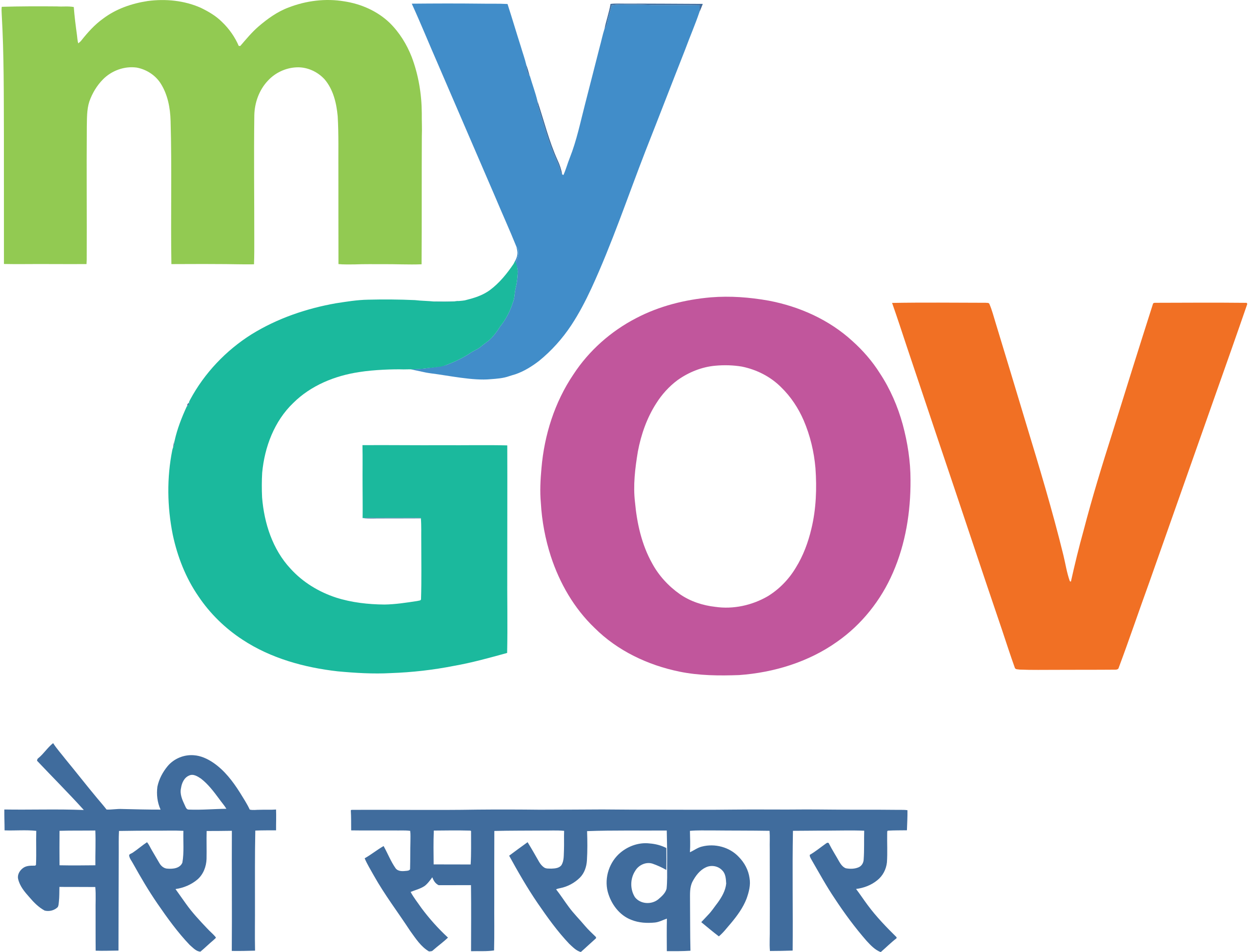Blockchain,
India’s blockchain revolution is gaining momentum with STPI’s Apiary CoE augmenting deeptech startups—positioning the nation as a global leader in secure, transparent, and inclusive digital transformation
In today’s era where data holds paramount value, conventional models of governance, security, and service delivery are rapidly evolving. Blockchain technology has emerged as a foundational layer of trust in this transformation. It is no longer limited to cryptocurrencies—it is redefining the way India envisions secure, transparent, and inclusive digital systems.
The Government of India has recognised this potential early on. Through key frameworks like the National Blockchain Strategy and Digital Public Infrastructure (DPI), India is integrating blockchain into governance, trade, and financial systems. Innovative pilots such as Praamaanik (for app authentication) and the Vishvasya Blockchain Stack (Blockchain-as-a-Service platform) reflect the Government’s commitment to making blockchain a core pillar of Digital India.
India’s blockchain market is poised for exponential growth, with a CAGR of 82.3% projected from 2022 to 2030, according to the report India Blockchain Technology Market Forecast 2030. As the world embraces decentralisation, blockchain is gaining relevance across various sectors, including finance, agriculture, education, sustainability, supply chain management, and healthcare. Globally, the blockchain market is expected to surpass USD 67 billion by 2026 as per the report by MarketsandMarkets, underlining the strategic importance of India's participation and leadership in this space. By seizing this opportunity, Indian entrepreneurs can position themselves at the forefront of a trillion-dollar decentralised economy, driving both national growth and global competitiveness.
To drive this ambition, STPI has taken significant strides in nurturing India’s blockchain startup ecosystem. Software Technology Parks of India (STPI) has established Apiary, a Centre of Entrepreneurship (CoE) dedicated to blockchain, in Gurugram. More than just an incubator, Apiary represents a mission-driven platform to nurture deeptech startups addressing real-world challenges using blockchain. Supported by the Ministry of Electronics and IT (MeitY), Govt. of Haryana, Apiary is equipped with advanced infrastructure including Hyperledger & Intel Blockchain environments and is mandated to support 100+ startups.
Several startups supported by Apiary CoE are pioneering advancements across critical sectors. Emertech combines blockchain, Artificial Intelligence (AI), Internet of Things (IoT), and Zero-Knowledge Proof (ZKP) technologies to create transparent and traceable supply chains for industries such as agriculture, textiles, and philanthropy. In the Agri-processing space, Grus & Grade is enhancing efficiencies, increasing farmer incomes by 40% and reducing food waste by 35%. In cross-border trade, Credore offers Model Law on Electronic Transferable Record (MLETR) compliant, paperless IT infrastructure to streamline and secure electronic trade documentation. Brickschain is revolutionising real estate by enabling fractional ownership through blockchain. Addressing the counterfeit goods problem, SenseOriginal Technologies uses Near Field Communication (NFC) enabled smart tags in partnership with clients to ensure product authenticity. Zodor is driving the tokenisation of real-world assets into secure and compliant digital tokens.
In the education sector, OneVarsity is building a blockchain-enabled academic platform aligned with the National Education Policy (NEP) 2020, aiming to reach over 4 million users and 16,000 institutions through decentralised digital identities and skill assessment tools. In the field of blockchain-based verification and software development, Swaransh IT Solutions offers enterprise-grade solutions like patented QR code verification, immutable document and product tracking, analytics, and web/Search Engine Optimisation (SEO) services to ensure tamper-proof, transparent operations for businesses and governments. Boxfarming Technologies is transforming farm-to-market logistics with decentralised tools that help smallholder farmers optimise production, manage storage, and access AI-driven farm advisories. IQMINGSEN offers intelligent training solutions for the defense sector, utilising Augmented Reality (AR), Virtual Reality (VR), blockchain, and additive manufacturing. Chain Quasar, developed by Haranzel Technologies, is an AI-powered blockchain analytics tool for compliance and fraud prevention, already catering to clients such as JPMorgan Chase and Interpol. In fintech, Payme offers a decentralised, blockchain-based payment platform integrated with AI-powered fraud detection, providing secure and transparent digital transactions.
In addition to its startup support programme, STPI through its focused initiatives like the Pollen Propel Pre-Incubation Programme is empowering student innovators to become future-ready blockchain entrepreneurs. The Pollen Propel Pre-Incubation Programme, a capacity-building programme designed to develop tech students into successful entrepreneurs, particularly those interested in blockchain. Startups like Ticket'D are modernising the ticketing industry through blockchain technology under this programme, and EcoXchange is creating a carbon credit trading platform that incorporates traceability and anti-double-counting measures.
In collaboration with the Government of Haryana, STPI also conducted the Blockchain Startup Workshop, catalysing regional deeptech innovation and outreach. Further affirming its national prominence, STPI’s blockchain Centre of Entrepreneurship, Apiary, has been recognised as the “Best Blockchain Incubator” at both the India Blockchain Summit 2024 and Bharat Blockchain Yatra 2024, solidifying its role as a frontrunner in India's blockchain innovation landscape. All of these developments demonstrate Apiary's commitment to advancing India's blockchain ecosystem through inclusive entrepreneurship, systemic trust, and technology.
These initiatives reflect the broader goal of STPI's CoE initiative, which is to create a deep tech innovation ecosystem that will not only help Indian startups grow but also establish the nation as a major blockchain powerhouse globally.
As India accelerates towards becoming a USD 1 trillion digital economy, blockchain will be integral to ensuring security, transparency, and equitable access to services. STPI, through its targeted interventions in emerging technologies, is committed to empowering startups that will define the next wave of digital transformation. Blockchain technology has a bright future in India, and STPI encourages innovators, businesspeople, academics, and industry leaders to collaborate in creating a decentralised, reliable digital economy for the country and the rest of the world.
The writer is Director General, Software Technology Parks of India. Views expressed are personal
~ Arvind Kumar
Read more











